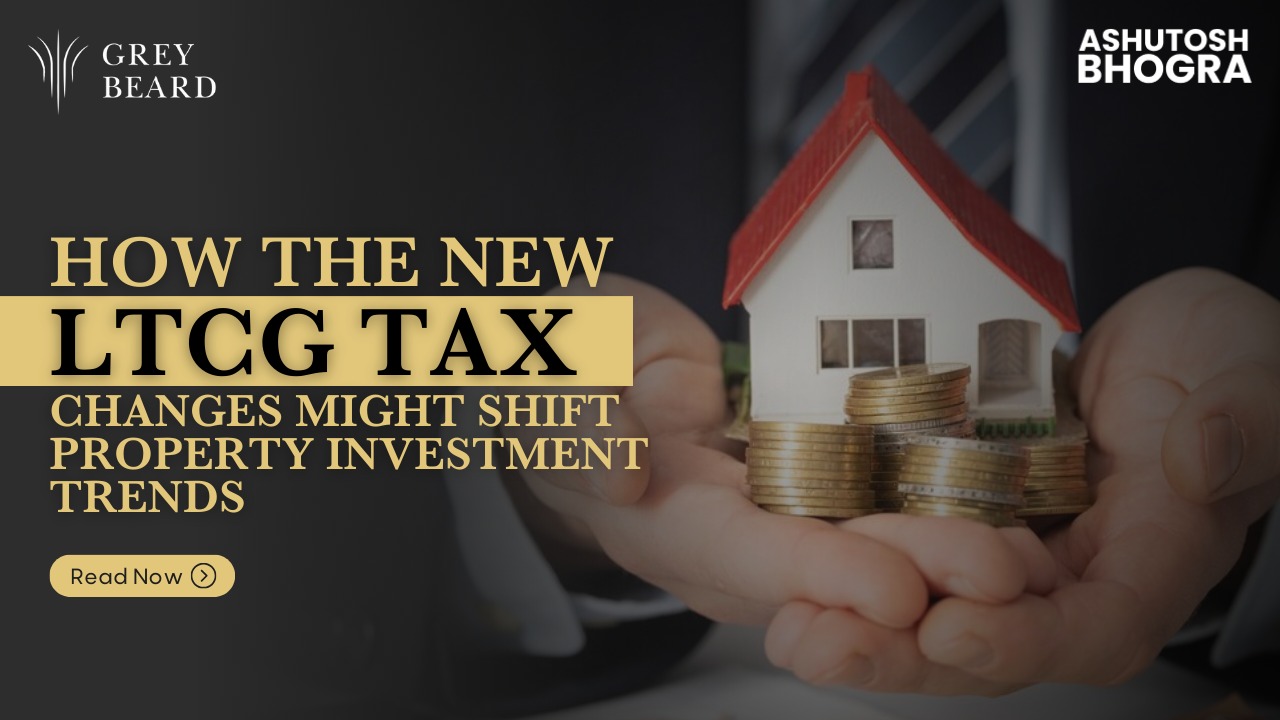Hey folks! The recent changes to long-term capital gains (LTCG) tax are making waves, and it’s worth diving into how these new rules might impact property investments.
With the LTCG tax rate dropping to 12.5% and the removal of indexation benefits, here’s what could happen next in the real estate world.
What’s Changed?
To recap, the new budget slashed the LTCG tax rate from 20% to 12.5%. While this sounds great, the removal of indexation—allowing you to adjust your property’s purchase price for inflation—means calculating gains is now a bit less forgiving.
The recent amendment also gives you the choice between paying the new 12.5% rate without indexation or sticking with the old 20% rate with indexation for properties bought before July 23, 2024.
What Could This Mean for Property Investment?
1. Shifting Focus: Equity and Fixed Deposits
For those who bought property just a few years back, the lower 12.5% tax rate might be a tempting offer. Here’s why: If you’re looking to cash out, you could pay the 12.5% tax and move your money into more stable investments like equities or fixed deposits (FDs).
These options might seem more appealing, especially if you’re seeking less risk or better returns without the hassle of property management.
As a result, we might see a shift away from real estate investments as people opt for these alternative financial instruments.
The lower tax rate could encourage homeowners and investors to take their profits and explore other avenues, potentially leading to reduced investment in real estate.
2. New Opportunities for Businessmen
On the flip side, the new tax landscape might open up some intriguing strategies for businessmen.
Here’s a potential scenario: savvy investors might use black money to buy properties, pay in cash or through other non-transparent means, and then sell these properties after two years under the new 12.5% tax regime.
By doing this, they could convert their black money into white at a lower tax rate, thus benefiting from a significant tax break while legitimizing their funds.
This tactic could lead to an increase in high-value property transactions as businessmen look to exploit the new tax rules to convert black money into white. It’s something to watch out for as it could impact both the property market and broader financial trends.
What Does This Mean for the Real Estate Market?
1. Potential Slowdown: With more people potentially shifting their investments away from real estate, we might see a slowdown in property transactions. Lower investment in real estate could affect market dynamics, leading to changes in property prices and availability.
2. Increased Market Activity in High-Value Segments: The strategy of converting black money into white through property could spur activity in high-value segments of the market. This could lead to increased competition and price fluctuations in certain areas.
What Should You Do?
- Evaluate Your Investment Strategy: If you’re thinking about selling property, consider the new tax implications and how they align with your financial goals. Explore other investment options to ensure you’re making the most of your returns.
- Stay Vigilant: Keep an eye on market trends and be aware of any new strategies that might emerge as people adapt to the new tax rules. This will help you make informed decisions and stay ahead of the curve.
- Consult Professionals: Whether you’re buying, selling, or just considering your options, consulting with financial and tax advisors can provide valuable insights and help you navigate the changing landscape.
Conclusion
The recent LTCG tax changes are likely to bring about some significant shifts in property investment trends.
While some may opt for safer investments like equities and FDs, others might use these changes to their advantage in more creative ways.
By staying informed and proactive, you can make the best decisions for your property investments in this evolving environment.


